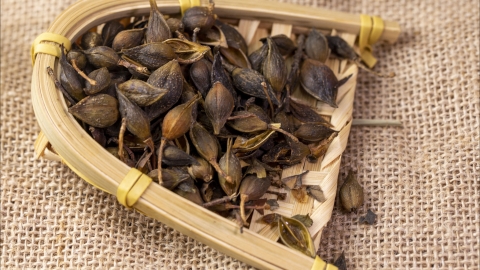Does Forsythia affect pregnant women?
Generally speaking, whether forsythia has an effect on pregnant women needs to be determined according to specific circumstances. Detailed analysis is as follows:

If the pregnant woman is in the second or third trimester and experiences no significant discomfort, and only has a mild wind-heat cold with symptoms such as dryness and sore throat, short-term and low-dose use of forsythia under the evaluation of a professional may have minimal effects on both the mother and the fetus, provided there are no abnormalities such as abdominal pain or vaginal bleeding. In such cases, the heat-clearing and detoxifying effects of forsythia can specifically alleviate symptoms, while professional guidance can reduce medication risks.
If the pregnant woman is in the first trimester, or already has signs of threatened miscarriage, or suffers from conditions such as spleen and stomach deficiency-cold or frequent diarrhea, using forsythia may cause adverse effects. The first trimester is a critical period for fetal organ development. Forsythia is slightly cold in nature and may stimulate uterine contractions, increasing the risk of miscarriage. It may also impair the function of the spleen and stomach, leading to diarrhea and hindered nutrient absorption in pregnant women.
Pregnant women must consult a healthcare professional before using forsythia and should not self-administer or consume it on their own. Long-term or excessive use of forsythia should be avoided, as well as combining it randomly with other cold-natured herbs. Close monitoring of physical reactions is necessary during use, and if abdominal pain, diarrhea, or abnormal vaginal bleeding occurs, the medication should be stopped immediately and medical attention sought. Self-administered remedies such as drinking forsythia tea should also be avoided during pregnancy.










